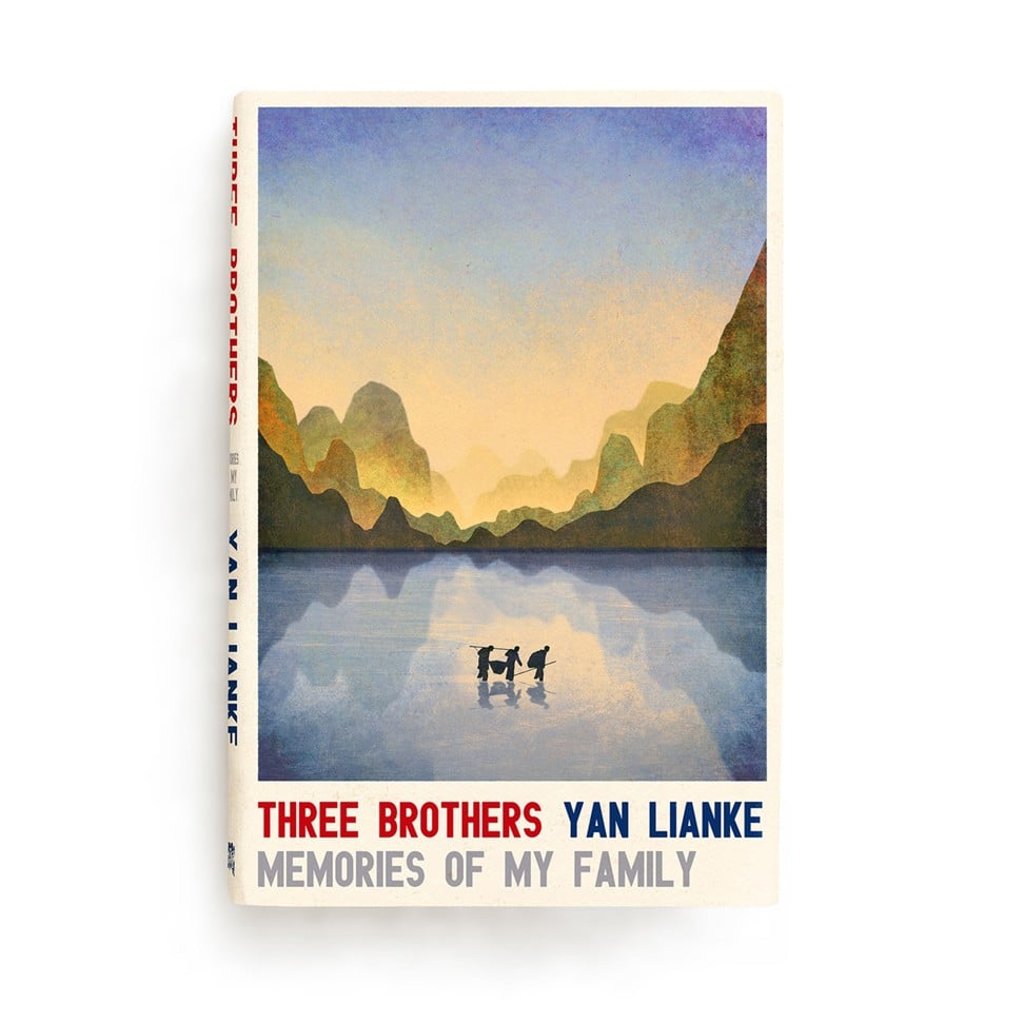Review | Yan Lianke’s Three Brothers honours his family and the struggle to survive in mid-20th century China
- The book is a memoir of the author’s father and uncles, with a portrait of the young Yan woven in between
- Poverty, love and the luxury of happiness are all explored in a poignant story as affecting as any of Yan’s fictions

Three Brothers
by Yan Lianke
Chatto & Windus
4.5/5 stars
The germ of the idea, as he reveals in a preface, was a sudden realisation in 2007 “that four men in my father’s generation – which included three brothers and a cousin – had now departed this world, seeking peace and tranquillity in another realm”. The specific occasion was the death of his “Fourth Uncle”. It was while the family were paying their respects that Yan’s sister said, “Our father’s generation have now all passed away. Why don’t you write about the three brothers? […] You can also write about yourself – about your youth.”
This is what Three Brothers attempts, telling the life stories of his father, “First Uncle” and “Fourth Uncle”. Snaking through this trilogy is something like an autobiography of the artist as a young man. Yan slowly matures from a somewhat self-centred child, desperate to escape the poverty of rural life, into a somewhat self-centred man, desperate to become a writer.

In many respects, the stories of the three Yan brothers are one story: of a peasant’s struggle to survive in mid-20th century China. “What kinds of things did Father, as a peasant living in this world, have to achieve before his death? What responsibilities did he have to fulfil?” Yan writes. The answer, broadly speaking, is withstand almost literally back-breaking toil, find enough food to avoid starvation and keep roofs over family heads. Such hardship can make otherwise precious virtues such as happiness and dignity appear luxuries, and even patriarchal duties like building homes, finding wives for sons and dowries for the daughters peripheral.